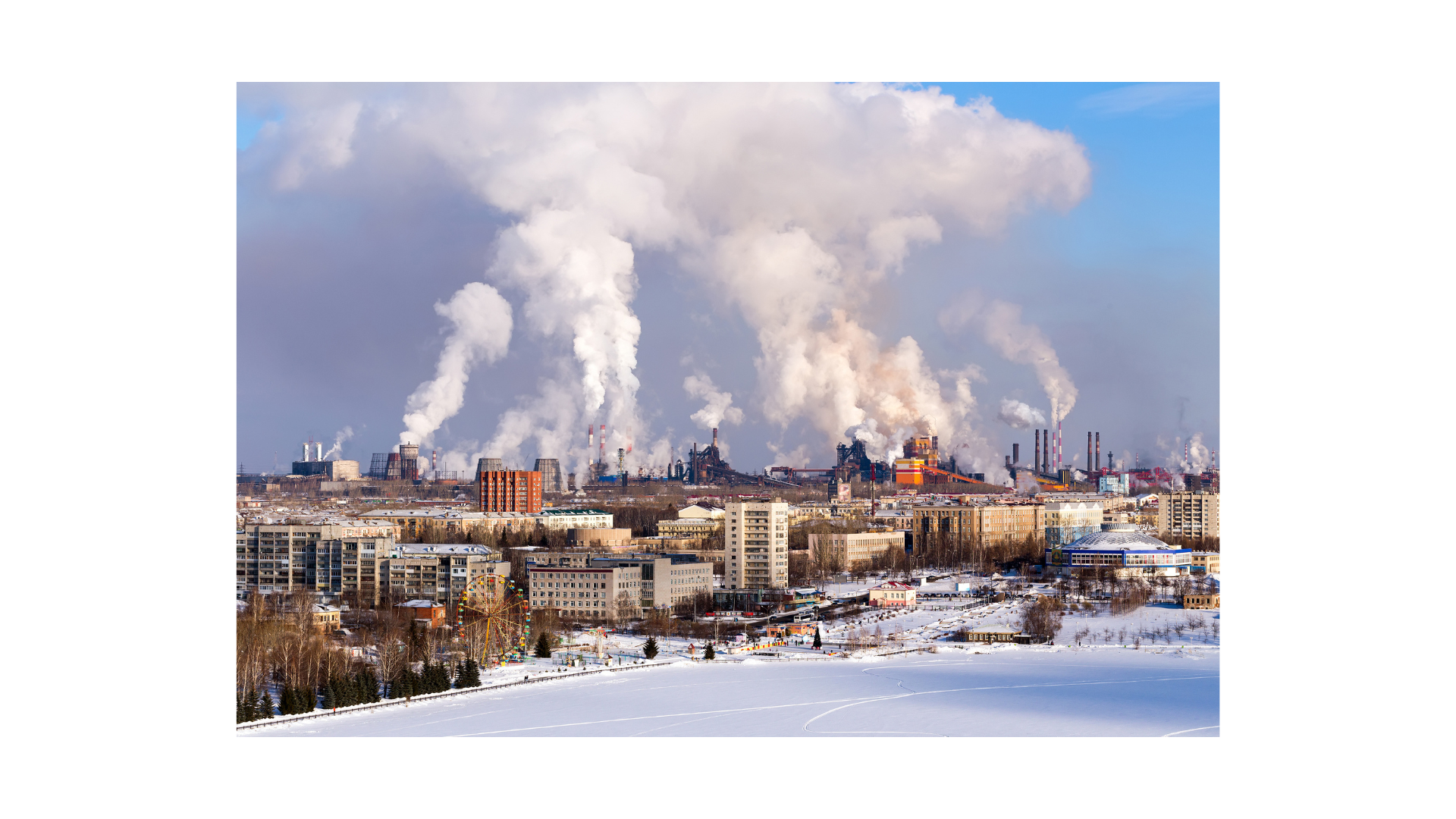In Brazil, the environment is protected by several enactments, and these are based on the constitution’s effectiveness, since the Federal Constitution, when providing for the protection of the environment, sets forth, pursuant to Article 225, Paragraph 3, that “the conducts and activities considered harmful to the environment shall subject the offenders, either individuals or legal entities, to punitive and administrative sanctions, regardless of the obligation to repair the damage caused.
The constitutional provision refers to the so-called Triple Environmental Liability, which implies that the polluter/offender may be held liable at the same time in the civil, administrative, and criminal spheres, independently and autonomously, for the same fact, without being considered as double jeopardy or abuse of sanctions.
As initially mentioned, the enactments that protect the environment are specified in several spheres, inter alia, civil liability for environmental damages is provided for in Article 4, VII, of Law 6938/1981.
To a great degree, environmental civil liability is ascertained through the institution of a civil investigation by the State or Public Prosecution Office, and if the polluter/offender’s liability is verified, a lawsuit is filed aiming to demand the environmental recovery and a pecuniary compensation for the damage caused.
Lawsuits of this nature are also based on Precedent 629/Superior Court of Justice: “As for environmental damage, the defendant’s conviction to the obligation to do or not to do is allowed, coupled with that to compensate.”
At this point, it should also be remarked that, in order for an Environmental Public-Interest Civil Action to occur, whereby the owner or property holder is held liable, there should be evidence of damage and causal connection with the conduct investigated.
It turns out that, even in the face of so many legal provisions on the subject, there is still great legal uncertainty and divergence of legal understandings in Brazil.
The theme was the subject of discussion within an Environmental Public-Interest Civil Action filed by the Mato Grosso State Prosecution Office against a rural property owner, for deforesting about 15,467 hectares of native forest in the Amazon region, with logging and opening of byways, without authorization or license from the responsible environmental agency.[1]
The Trial Court partially upheld the requests for relief under the Public-Interest Civil Action, to order the defendant to recompose the degraded environment, in addition to undertaking not to deforest, as well as to pay compensation for the pecuniary damage stemming from the impediment of the natural recomposition of the area. Nevertheless, the judgment denied the claim for damages for collective nonpecuniary damage, on the grounds that the recognition of nonpecuniary damage requires proof that the offense has caused social unrest or relevant changes to the local community.
The Mato Grosso State Prosecution Office, dissatisfied with the convictions already imposed, filed an appeal with the Superior Court of Justice – STJ, granted by the Second Panel, which also assessed collective nonpecuniary damages against the rural property owner.
According to STJ, once the environmental damage is verified, which is not to be confused with the mere negative impact resulting from legal activity, Precedent 629/STJ applies, which admits the defendant’s conviction to the obligation to do or not to do coupled with that to compensate. In addition, the understanding that has been prevailing in the Superior Court is that nonpecuniary damage in re ipsa[2] dispenses with the demonstration of concrete and subjective losses, arising directly from the offense to the right to a balanced environment.
The STJ’s decision may impact thousands of rural landowners, defendants under Environmental Public-Interest Civil Actions for deforestation without legal authorization, the precedent of which should be used with caution by the Judges while trying the lawsuits in progress.
This is because the peculiarities of each case should be observed, taking into account the existence of environmental damage from the violation, since, as brought by the decision of STJ in question, environmental damage cannot be confused with the mere negative impact resulting from the activity.
There are also a number of lawsuits filed by the Prosecution Office aiming to hold civilly liable the rural owner who carried out the deforestation of areas subject to suppression, that is, areas that can be deforested in the rural property, pursuant to the percentage established in the Forest Code for the composition of the legal reserve areas.
It should be pointed out that the obligation to recover a certain area within the rural property depends on the analysis by the environmental agency responsible for licensing, based on CAR – Rural Environmental Registry, a prerequisite for environmental compliance, under which the information stated will be reviewed and validated, by identifying the vegetation cover of the rural property, the delimitation of preservation areas, and any need for recovery of degraded areas.
Given the scenarios that the country is experiencing in relation to the subject, it is essential that the responsibilities are properly separated and known. The uncertainty brought about by the innovation of the Judiciary Branch may imply the violation of several other constitutional rights and principles.
It is important to emphasize that the civil environmental protection aims to recover the degraded environment, if environmental damage has occurred. However, the breach of an administrative rule does not in itself constitute presumed environmental damage and the duty to repair it, but rather an administrative offense subject to a corresponding and applicable sanction by the competent environmental agency.
Thus, proving the occurrence of environmental damage and differentiating between administrative liability and civil liability is of paramount importance to determine whether there is a landowner’s duty to compensate, whether pecuniary or nonpecuniary, even if the conduct was carried out without the environmental license.
For this reason, the decision of the Superior Court of Justice cannot be recognized as a general precedent and applied without due case-by-case analysis.
[1] https://processo.stj.jus.br/processo/revista/documento/mediado/?componente=ITA&sequencial=2302212&num_registro=202200653510&data=20230922&formato=PDF
[2] Presumed losses that do not depend on evidence to justify the court’s determination of compensation.
Available at: https://www.conjur.com.br/2023-dez-27/decisao-do-stj-impacta-futuro-da-responsabilidade-civil-por-dano-ambiental/
Autor: Francine Gomes Pavezi • email: francine.pavezi@ernestoborges.com.br

